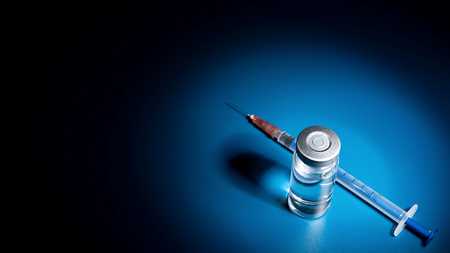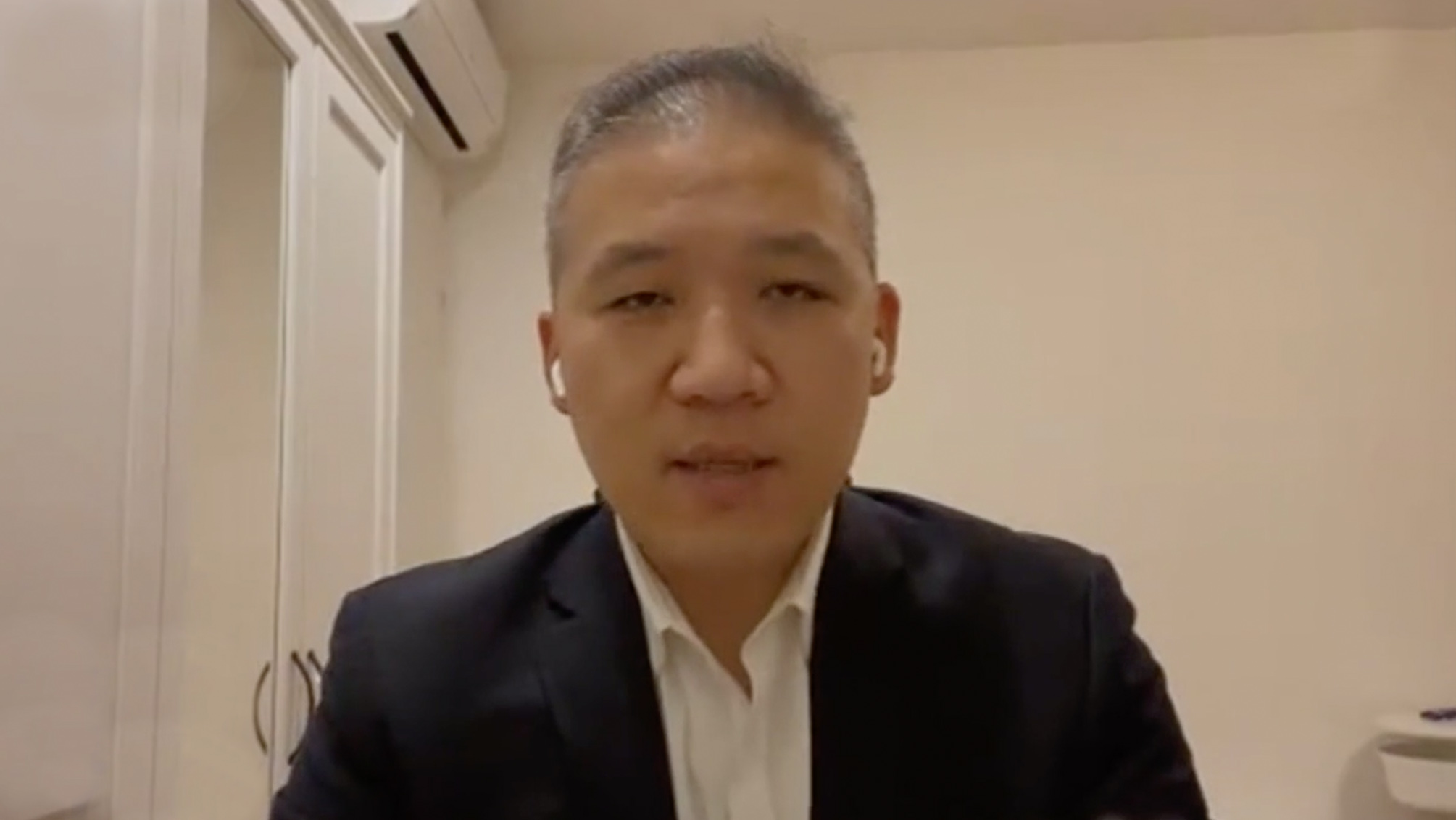01:20

Good news has come from two COVID-19 vaccine candidates. Pfizer-BioNTech and Moderna say that their vaccines have been 95 percent and 94.5 percent effective, respectively, in late-stage trials. The strong results are giving hope to the pandemic-afflicted world, but how far do we still need to go for wide distribution of safe and effective vaccines?
Joel Ruet, chairman of The Bridge Tank, said that although several vaccine candidates have shown promising results, the next step, which includes getting feedback from clinical trials and measuring the impact on populations, is more important. Unfortunately, there is more competition than cooperation in vaccine development at this stage.
"There should not be a race because the more information we get from different sets of vaccine, the more we can fine-tune each of those vaccines and then converge," said Ruet. "Here would be a real test for coordination."
Dr. Eric Ding, an epidemiologist and health economist at the Harvard School of Public Health, shared Ruet's cautious optimism. He said Pfizer applying for emergency use authorization from the FDA is a good sign, but to draw a conclusion on the vaccine's effectiveness requires more carefulness and patience.
"We still need to see will this 90 percent hold because we know that the immunity response at the beginning is always the strongest. But immunologists and volcanologists warn that it sometimes drops over time," he said.
01:03

In response to some people's concerns about the expedited vaccine development, Dr. Ding said vaccines are almost always very safe because if they are not safe, they would not make through Phase 1 and Phase II trials. He pointed out that the reason that vaccines are developed so rapidly is political momentum and sufficient funding, as well as the global surge in coronavirus cases that provides natural infections for testing.
Dr. Ding also advised that the general public should get vaccinated when available. "The best precautionary thing is to take it as soon as it's available to the public in the spring and the summer."
In addition to Pfizer's and Moderna's mRNA vaccines, five Chinese COVID-19 vaccine candidates are in phase-III clinical trials. Dr. Ding explained that mRNA vaccines are based on a brand-new technology and require long-term storage at freezing temperatures while the Chinese vaccines are inactivated vaccines, which have much more years of history and are simpler to transport. However, it takes longer to manufacture an inactivator than the mRNA.
"They all have advantages and disadvantages. Ultimately, what we want is to stamp this out worldwide, so this is why the COVAX initiative is important…All together having many different approaches for the vaccine design is a good thing. And I think that diversity will ultimately allow us to beat this pandemic together as a world." Dr. Ding concluded.
"Dialogue" is a prime time English-language daily talk show on CGTN. The 30-minute program covers a wide range of domestic and international topics, providing a balanced and critical perspective on current affairs and analysis within the framework of cross-cultural and multi-disciplinary comparisons.
Schedule: Monday-Sunday
Time (GMT): 03:30, 11:30, 19:30
(If you want to contribute and have specific expertise, please contact us at opinions@cgtn.com.)

